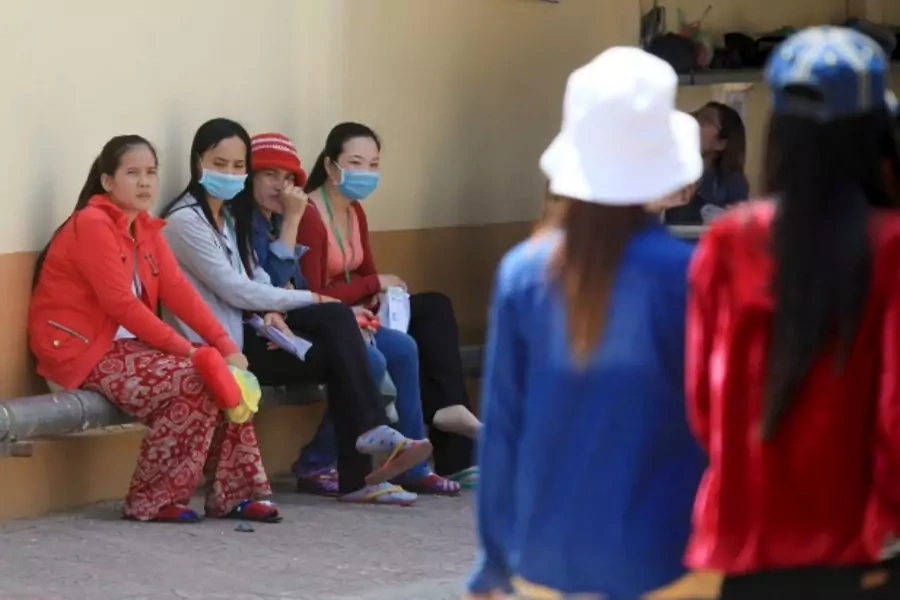This Week in Markets and Democracy: International Labor Conference, Brazil’s Corruption Resignations, Politicians vs. the Press

More on:
Fast Fashion Still Exploits Workers
While multinational retailers such as H&M, Gap, and Walmart can get a swimsuit or sundress from the factory floor to customers’ closets within weeks, new reports show they still do not protect the workers that make this possible. Three years after Bangladesh’s Rana Plaza building collapse, which killed over a thousand workers and injured another 2,500, Walmart refuses to disclose details on factory safety inspections. Documents from a more forthcoming H&M show nearly 80,000 Bangladeshi workers make their clothes in workrooms without basic safety measures such as fire exits. And Gap has balked at Cambodian worker demands for a living wage—they now earn as little as $5 a day. At this week’s International Labor Conference in Geneva, unions and other groups will try to force measures to improve workers’ rights by holding multinationals more accountable.
Corruption Brings Down Ten Percent of Brazil’s Two-Week-Old Cabinet
Just two weeks into his interim term, Brazilian President Michel Temer has already lost two ministers—or 10 percent of his cabinet—to corruption. His planning minister, Romero Juca, stepped down after a recording emerged of him plotting to obstruct the Lava Jato corruption investigations. Temer’s transparency minister, Fabiano Silveira, resigned after a second recording caught him advising Senate President Renan Calheiros on how to evade prosecution. And Brazilian authorities are actively investigating another six ministers. These scandals weaken Temer’s already limited legitimacy, leading some to postulate Dilma Rousseff could return.
Politicians Try to Silence the International Press
Already having cowed or repressed local reporters, angry leaders in Malaysia and Venezuela are going after the Wall Street Journal for exposing their (alleged) crimes. In Malaysia, Prime Minister Najib Razak ordered police to investigate the paper for illegally publishing classified documents. This comes after the Journal uncovered the transfer of up to $1 billion dollars from the state investment fund 1MBD to Najib’s personal bank accounts, and then reported on government whitewashing of the subsequent official investigation. In Venezuela, the former head of the national assembly, Diosdado Cabello, filed a libel suit over a 2015 Wall Street Journal story reporting he was under U.S. investigation for running an extensive money laundering and drug trafficking ring. In harassing a free press, Cabello may give them an even juicier story—opening up sealed U.S. government evidence in the case.
More on:
 Online Store
Online Store
